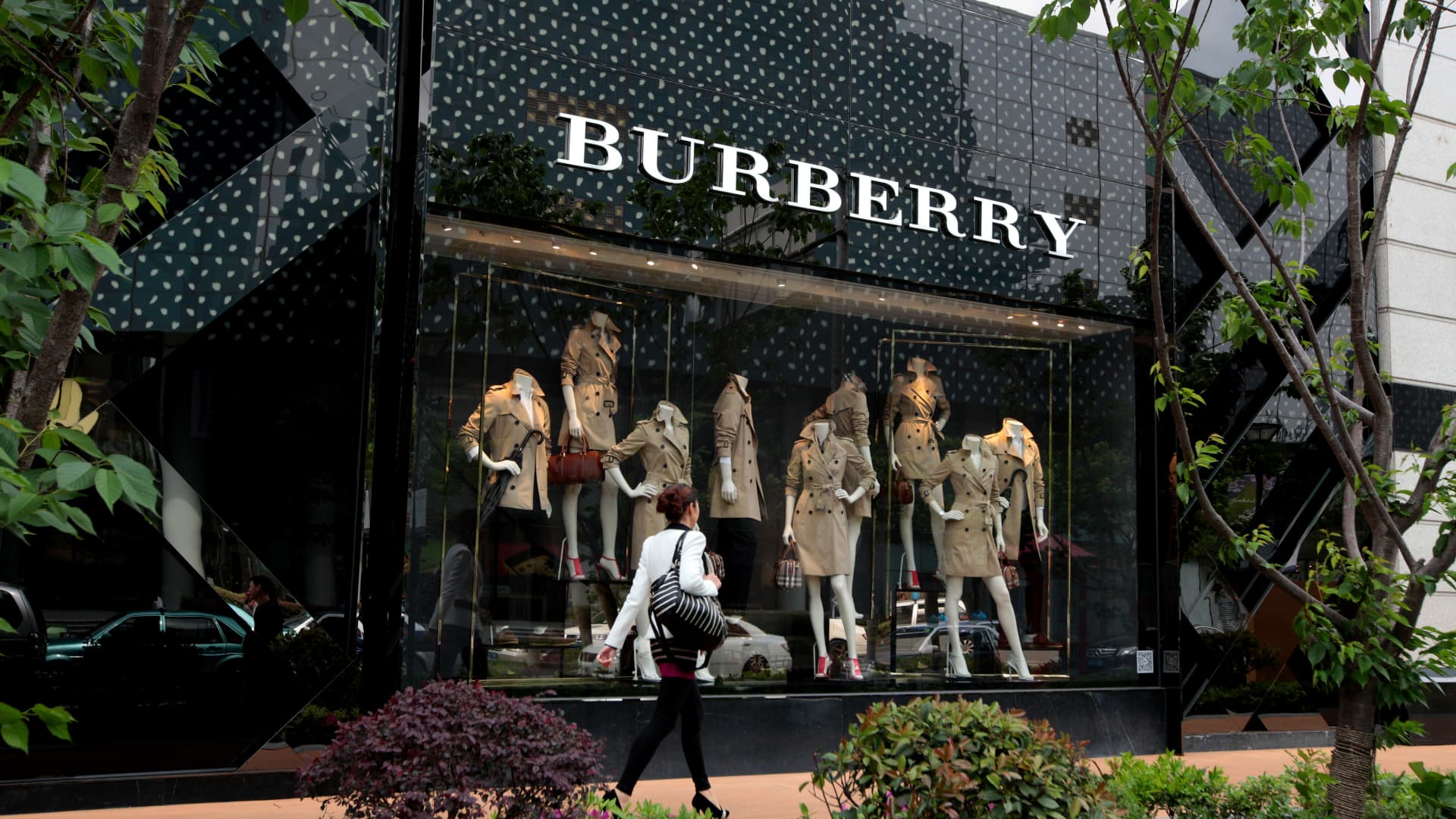Crouched around a whirring machine on the upper floor of Zongwei’s factory in Suzhou, a group of engineers puts China’s next generation of manufacturing equipment through its paces.
The research and development team is one of many across China racing to solve one of the biggest challenges facing its 6mn manufacturers: how to remain competitive as labour costs rise due to a shrinking working-age population.
Zongwei builds automated factory lines, which, unlike their mechanical predecessors that move an assembly line at a constant speed, whisk the product around at different speeds and directions between workstations along a maglev conveyor system. It claims to drastically reduce manufacturing times and counts China Tobacco, electric vehicle maker BYD, and Apple suppliers Foxconn and Luxshare among its clients.
More significantly, Zongwei is developing a technology that clearly falls into the category of “smart manufacturing”, which also encompasses the use of robots that are displacing human labour.
Beijing has so far embraced what it calls the “robot revolution” as a way to tackle rising labour shortages in its rapidly ageing population, offering the sector tax breaks and subsidies to encourage investment and procurement. Its success, however, will still depend on the human factor — specifically, on whether the remaining workforce will have the skills to handle these sophisticated machines.
China has — partly thanks to government support over the past decade — become the world’s largest market for industrial robots. Last year, it installed over 276,000, which represented more than half the global total, according to the International Federation of Robotics.
Chinese companies used to import most of their robots, notably from Japan, Germany and the US. But they have increasingly been replacing these with domestic models that often sell at a fraction of the price of foreign rivals’ offerings.
This is helping to drive down the cost of smart manufacturing equipment in China, but experts say there is still work to do to train the labour force that will use it. The complex machinery requires technical knowhow, including engineering skills to fix broken parts and an understanding of the software that manages the machines.
China’s manufacturing industry relies heavily on its nearly 300mn migrant workers, who leave their rural areas for urbanised coastal regions in search of better-paid factory jobs. However, despite improving education levels, as of last year just 52 per cent of migrant workers had a middle school education, while 14 per cent had only a primary school education.

Researchers have found that these migrant workers are the most likely to be displaced by robots. “Where robot adoption is higher, there is a reduction in the influx of workers from migrant areas,” says Osea Giuntella, associate professor of economics at the University of Pittsburgh and lead author of a National Bureau of Economic Research paper on the labour response to automation in China.
Migrant workers are increasingly opting for service sector jobs, such as food delivery. According to official statistics, in 2023, 28 per cent of migrant workers were employed in manufacturing but 54 per cent were in service sector jobs, which are often worse paid.
China does still has an abundance of engineers, though — in spite of the massive skills gap suggested by the education attainment levels. They tend to be employed as factory managers or in the R&D teams that are well-positioned to adapt automated technologies in factories.
Industry insiders argue that robots are simply taking over tasks that more and more workers are shunning. Henry Han, president of ABB Robotics China, says robots are “adept at taking on dull, dirty and potentially dangerous jobs that are difficult to recruit for”.
He adds that the adoption of robotics has been smoothed by the “well-educated engineers and skilled workers from hundreds of universities and vocational schools across China”.
Even so, there is still a need to train those skilled workers in new machinery. Provinces saturated with manufacturing, notably Guangdong, have launched training programmes to educate a new generation of workers. But researchers from Tsinghua and Fudan universities have found that courses at local universities or technical colleges often lack the equipment to teach up-to-date skills, instead relying on textbooks or outdated equipment.
The most effective training, they say, is done through the suppliers of robots and intelligent manufacturing equipment.
Zongwei’s deputy general manager, Jack Xu, says the company dispatches teams of engineers to install its products and to teach customers how to use the software that operates the factory line.

“We build the software ourselves,” he says. “It must be very easy to use. The customers don’t have much time to learn new things from suppliers so, if they don’t know how to use it, they will always call the supplier.”
Xu adds that fierce competition in China means customers can demand very hands-on aftersales service, creating a strong incentive to make machines easy to operate and avoid the cost of sending out engineers.
For example, Tusk Robots, a Guangzhou-based company making autonomous machines that can move pallets around warehouses and factories — replacing human-operated forklifts — takes an active role in educating its customers.
Michael Zhang, Tusk’s co-founder, says its first customer in China, the German engineering group Bosch, bought nearly 30 robots for its Xian plant manufacturing car parts, and was able to replace more than 50 workers who had been operating forklifts.
Tusk has a team of engineers that it sends to large clients, and a network of distributors with engineering expertise to service smaller clients, with a training programme that takes about two weeks.
Some larger companies have set up specialised institutes to provide formal certification. ABB Robotics China, for example, has set up a training institute in Shanghai that teaches customers programming and electrical and mechanical maintenance.
While some countries view rising automation as a threat to stable employment, Chinese policymakers view it as a tool to ensure the country remains a competitive destination for manufacturing.
Workers have responded, meanwhile, either by taking early retirement or engaging in technical training to gain a competitive edge over the machinery, according to the NBER paper.
“There is a perception that the economy is changing, and workers have to make a drastic decision: to undergo training or to go into retirement because the investment in their own human capital is not worth it,” Giuntella says.
















































































































































































You must be logged in to post a comment Login